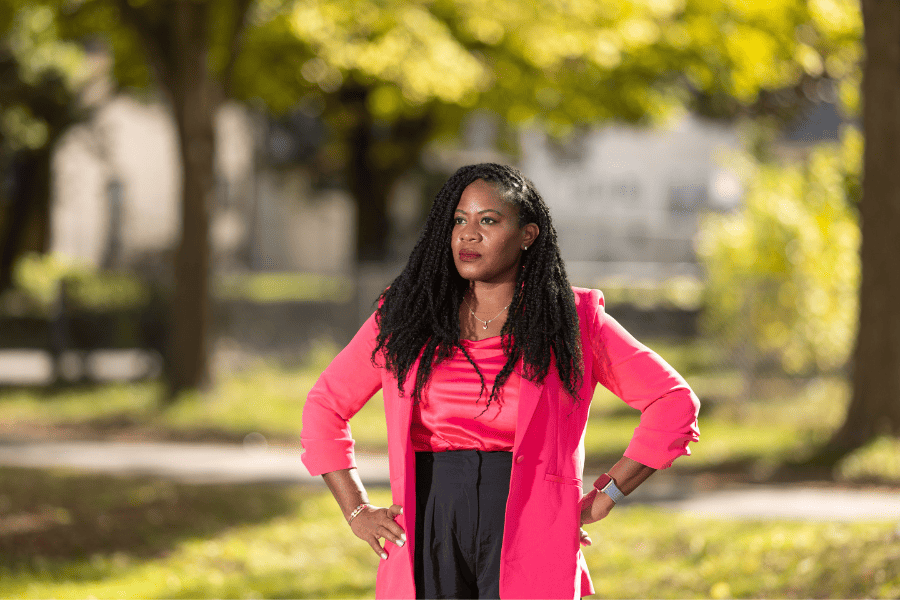Academic Integrity Shaken: Top U of M Scholar Steps Down Amid Copycat Controversy

A groundbreaking researcher's academic career has been thrust into controversy as allegations of intellectual appropriation surface. Rachel Hardeman, who rose to national prominence following the tragic murder of George Floyd in 2020, now faces serious professional scrutiny. A fellow researcher from St. Louis claims Hardeman inappropriately replicated her scholarly work, though Hardeman firmly denies these accusations.
The unfolding situation reached a critical point when a University of Minnesota dean officially announced to faculty that Hardeman will be departing from the institution on May 14th. This development signals a potentially significant turning point in the researcher's career and raises complex questions about academic integrity and attribution in scholarly research.
The dispute highlights the delicate balance between academic recognition, research innovation, and professional ethics in contemporary academic circles. As the details continue to emerge, the academic community watches closely to understand the full context of these serious allegations.
